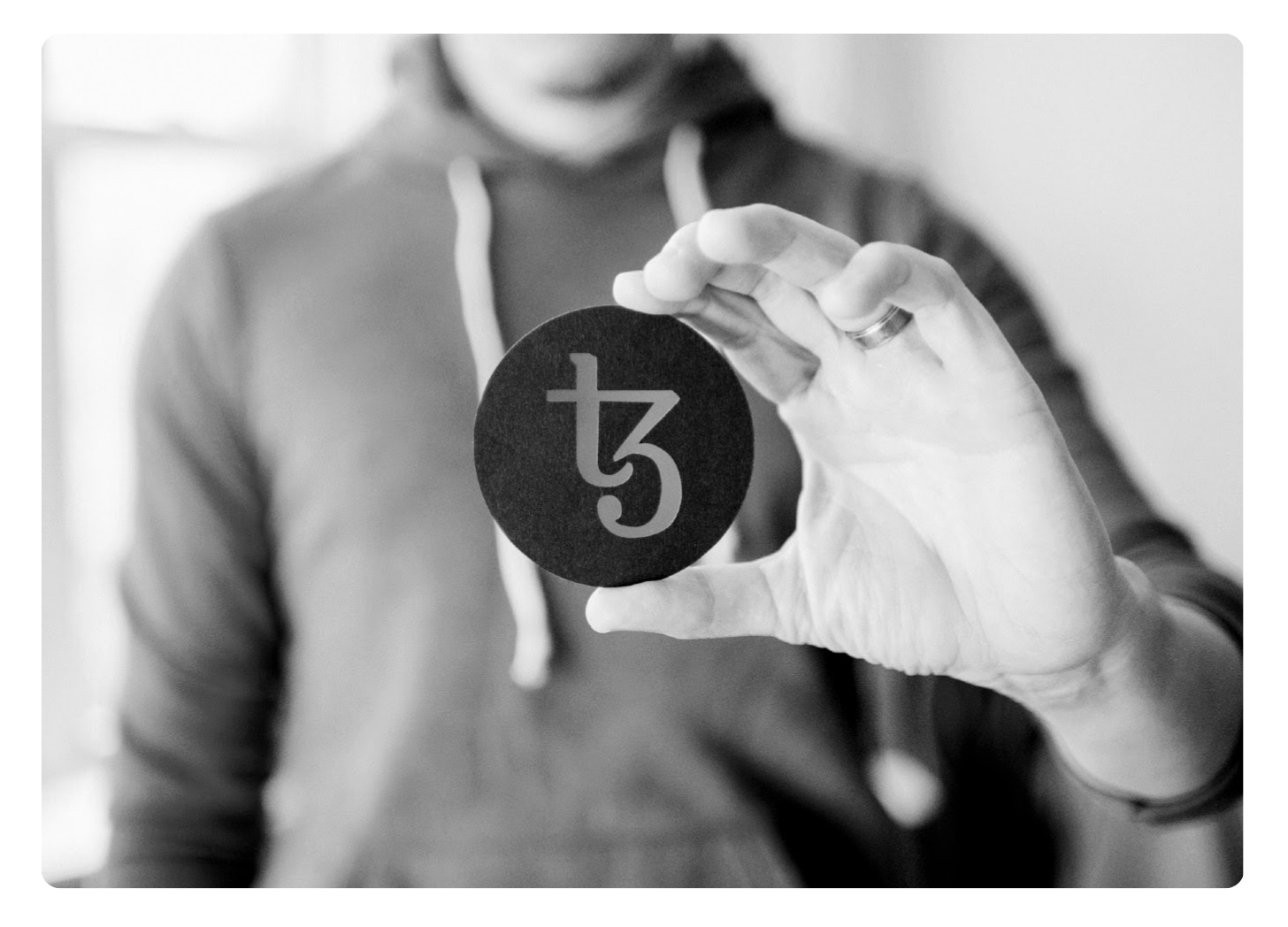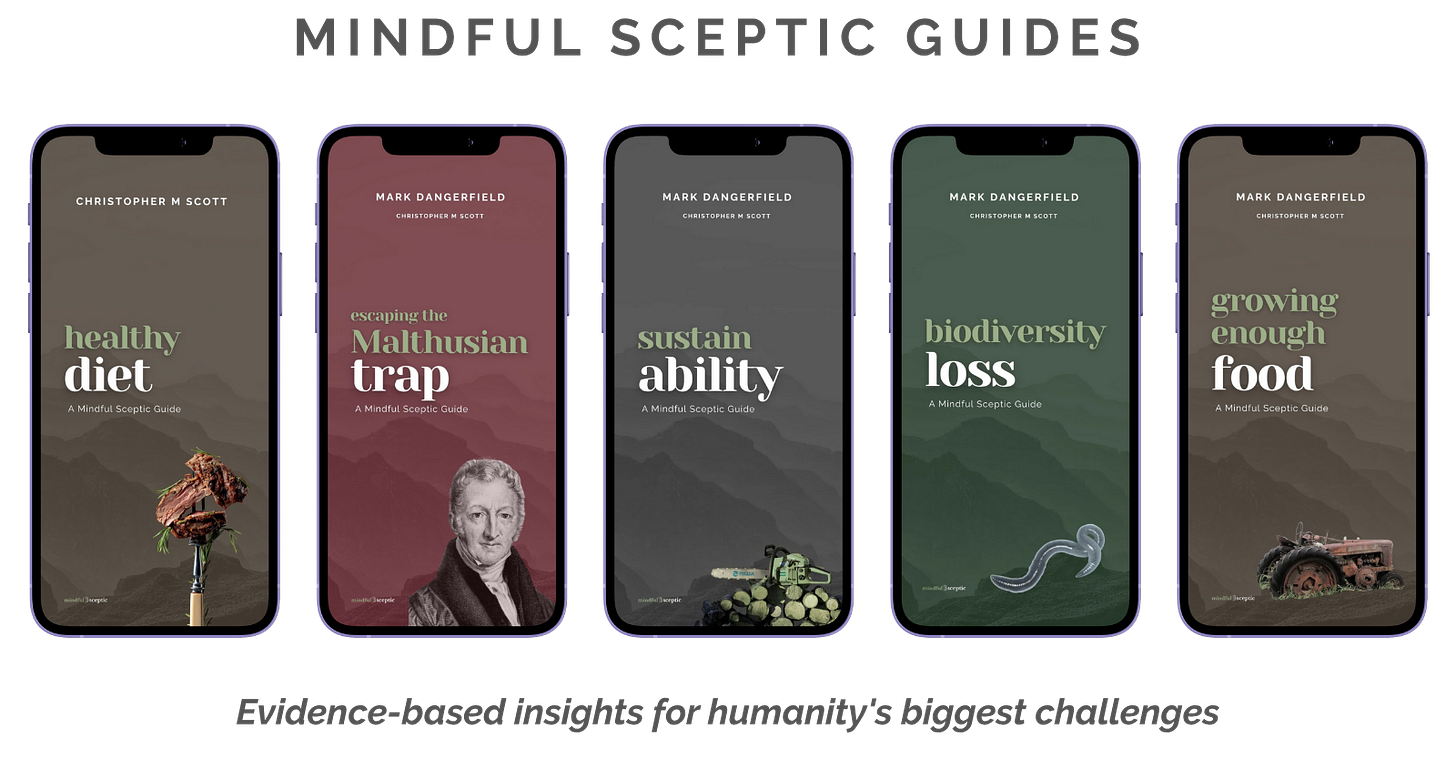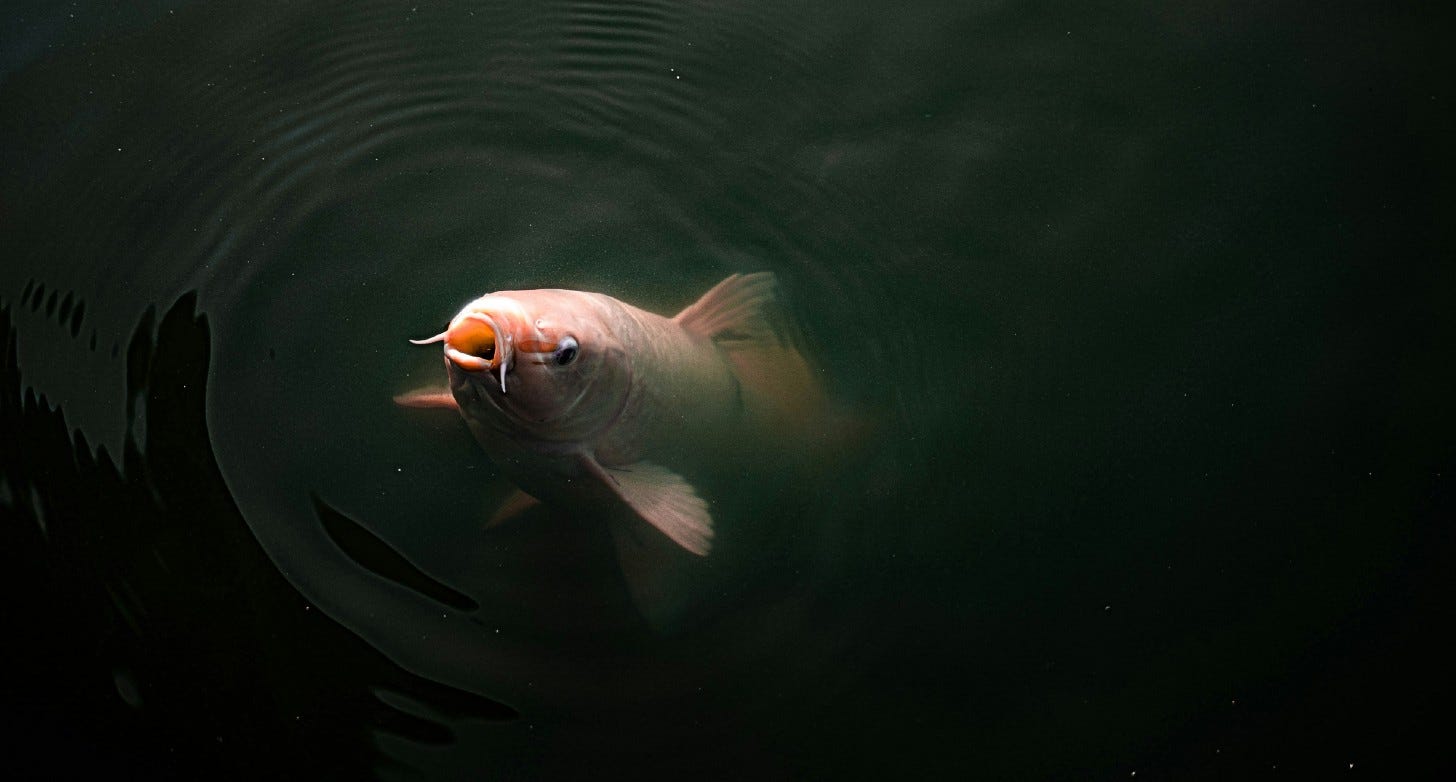Intellectual humility
Always be polite to an expert, then consider the evidence
“In my humble opinion,” proclaims the crypto trader in a YouTube ad, imploring me to use his “surefire best way to invest.”
I hesitate for a moment and let the ad run beyond the appearance of the skip button. I move on with the nagging feeling that something might be in it. Possibly, there is money to be made.
Why was that? Why did part of me believe the hype?
Perhaps because everyone seems to be an expert, from social media influencers to self-proclaimed gurus, we're all bombarded with confident assertions on everything from climate change to sustainable living.
Yet, as a mindful sceptic, I know that not all opinions are created equal. How can I sift through this cacophony of voices to find genuine insights without drowning in misinformation? More importantly, why was I nearly suckered?
Enter intellectual humility—the powerful cognitive trait that allows us to approach complex issues, particularly in the environmental realm, with open-mindedness and critical discernment.
It’s a mindful sceptic's secret weapon for truth and understanding.
What is intellectual humility?
A typical definition of intellectual humility is the recognition and acknowledgment of the limitations of one's own knowledge and beliefs.
It's the ability to hold our views loosely, understanding that our perspective might be incomplete or incorrect. Recognising the reality that not even Google knows it all.
This doesn't mean doubting everything or lacking confidence in our knowledge. Instead, it's about maintaining a balanced view of our intellectual strengths and weaknesses. ‘Know thyself’ so so says the ancient Greek maxim, inscribed at the entrance to the Temple of Apollo at Delphi.
Adopting humility allows us to engage with expert opinions while maintaining our critical faculties. It encourages us to seek diverse perspectives, weigh evidence carefully, and adjust our views when presenting compelling new information.
Being open to new information that might challenge or expand our understanding is a boon when grappling with the complex, interconnected challenges I always bang on about—food security, climate change, biodiversity loss, and sustainable development in particular.
Even a modicum of intellectual humility means I become better at distinguishing between genuine expertise and mere confidence, more adept at synthesising diverse viewpoints, and more capable of contributing constructively to solutions. In essence, I change from a passive consumer of information into an active, discerning participant in crucial conversations.
I become a mindful sceptic.
And the young trader? He used some faux intellectual humility, “in my opinion,” to catch me off guard—classic smoke and mirrors. Also, the hesitation with the click away is a reason to read on and understand more about this powerful concept.
Embracing Intellectual Humility for Informed Inquiry
All of us come across experts now and again.
By expert, I don’t mean the verbal vomit of social media influencers or the millennials who have two minutes of experience and believe with every cell in their bodies that they know it all, no, not these wannabes.
Nor do I mean the talking heads on morning television who may be smart but are only asked onto the show to tow a line.
A mindful sceptic sees an expert as someone with a legitimate reason to present an opinion.
Perhaps they have a degree or three in the topic, or they have been using the tools for a decade and have seen every way to plumb a kitchen sink. So if the said plumber suggests that I need a new gasket but don’t get the cheap plastic ones ‘coz they are trash’. I respect that and buy the metal one.
Now, if my expert is an ecologist, let’s call her Jane, who has been working in academic institutions for twenty years with a dozen research articles to her name, pops in and says that koalas are going extinct in Australia… What should I do?
The respectful thing is always to consider.
Jane has expert credentials that warrant consideration of her koala population statement. By considering, I don’t mean swallow.
I become a mindful sceptic and consider the evidence—not just where the statement came from by why it was made—and second apply an intellectual filter over the assumptions.
Practically this means answering a few questions:
Does Jane study koala populations?
Has she published on this topic?
Does she have access to data on koala numbers?
Is her office next door to the leading koala expert in the country?
Is she truly an expert on koalas?
After a few seconds on these questions, I realise that just because the expert is an ecologist, she may not be an expert in koala conservation, the topic of her statement.
Her credentials are sufficient to give me pause, and I owe it to her to consider her statement with a sceptical eye, but I don’t have to agree with her or take her advice.
My 40 years as an ecologist have already led me to the opposite conclusion about the fate of the koala—you can read the full story in the Mindful Sceptic Guide to Saving the Koala. But even with my strong bias, I should listen to the claims and evaluate them objectively.
The evidence for the plumber's expertise is circumstantial.
After a decade of fixing faucets, it is safe to assume that the washers in question have been seen many times, and there is no obvious reason for him to offer purchasing advice. Indeed, he might get more work if he told his customers to go for the cheap plastic.
Sceptic screening is almost instant in this case. The risk of getting it wrong is low, and the consequences are modest, as the plastic option would presumably still work.
What I need to do with the scientists is show similar respect and practice intellectual humility.
Defining Intellectual Humility
When I accept the limitations of my knowledge and beliefs, understand that my beliefs and opinions could be wrong, and show a willingness to reconsider and potentially revise my beliefs when presented with new evidence or differing perspectives, I have intellectual humility.
It’s a virtue that can enhance my capacity to change the way I think, work effectively with others, and become a more innovative problem solver. It is also the secret sauce that prevents a scpetic from being a Dick—less intellectual arrogance and more servility. Both lead to open-mindedness, a sense of fallibility, and responsiveness to reason. I am more pleasant to chat with in the pub.
Intellectual humility is a core trait of a mindful scepetic but it is more personal because I am
questioning my opinions
recognising the value in differing opinions
accepting that my beliefs may be wrong
being open to changing opinions in the face of conflicting evidence
appreciating new information that differs from my existing beliefs
And these are leaving my ego open to bruising.
Intellectual humility is distinct from humility because it relates to beliefs born of evidence, however weak that evidence might be.
For example, a geologist might believe that the rate of glacial retreat is based on her field studies and review work, which suggests that the total area covered by glaciers in Norway has decreased by 11% in the last 30 years. Intellectual humility would allow her to confidently present these findings while simultaneously acknowledging the limitations of the study methods, the potential for error in their data, and the possibility that new research could significantly alter the conclusions.
In essence, intellectual humility in environmental discourse allows us to hold our evidence-based beliefs with conviction while maintaining a readiness to revise them in light of new or better evidence. This balance is crucial in a field where our understanding is constantly evolving and where the stakes of our decisions are incredibly high. And where objectivity is fragile.
But we should return to our ecologist Jane and her declaration that koalas are going extinct in Australia.
It turns out that she doesn’t study koalas. She dabbles around in freshwater and has become an expert on Carp (Cyprinus carpio), which were first introduced to Australia more than 100 years ago and are now a pest because they feed by rooting through sediment, which degrades water quality and destroys habitat for native species. She has published a lot on fish but not koalas.
As of March 2024, the National Koala Monitoring Program (NKMP) has between 224,000 and 524,000 koalas across Australia. The listed population (in Queensland, New South Wales, and the Australian Capital Territory) is estimated at 95,000 to 238,000, while the unlisted population is between 129,000 and 286,000—rubbery numbers at best and in six figures. We are not talking about Andean condors (Vultur gryphus), with 6,000 to 10,000 individuals remaining and classified as Vulnerable by the International Union for Conservation of Nature (IUCN).
None of the recognised koala experts in Australia work at Jane’s University; curiously, none list population ecology as their core expertise. So, no, she hasn’t access to insider data.
Maybe she heard that the IUCN listed the koala (Phascolarctos cinereus) as Endangered on its Red List of Threatened Species. The status change occurred in February 2022, when the IUCN upgraded the koala's threat level from Vulnerable to Endangered. The decision was based on the significant decline in koala populations due to habitat loss, bushfires, drought, disease, and climate change. I am still trying to figure out where they got their numbers.
A look at the evidence suggests that Jane’s credentials as an ecologist don’t stretch to justify her assertion on the extinction risk of koalas. But I don’t dismiss her out of hand. She is smart and engaged, has relevant expertise, and perhaps holds many opinions worth considering.
I smile and, desperately trying to hold back my cynicism, say, “That’s interesting, Jane. It would be a shame if it were true.”
I also smile and ask her about her carp experiments.
The benefits of intellectual humility
Intellectual humility can help me become more empathic, forgiving of others, seek compromise, conscientious, and open to experience. I need all of them. It might even enhance learning and knowledge acquisition. It could be that the Jane has some new information about koalas that is worth knowing.
I am more likely to investigate rather than become more rigid when confronted with opposing views. Somewhat ironically, I am also more likely to scrutinise misinformation and are more likely to correct their beliefs when presented with evidence that contradicts them.
If I am less quick to criticise or object to an opinion, at least while I process it, the pause can improve my interpersonal relationships. It can help me build bridges with different kinds of people and promote tolerance for diverse perspectives.
If everyone practised intellectual humility, we would expect more societal cohesion by reducing tribalism and encouraging harmonious intergroup relations. It should also contribute to a more thoughtful and open intellectual environment.
All these wondrous, feel-good benefits are likely because intellectual humility is associated with multiple values, including empathy, gratitude, altruism, benevolence, and universalism. This suggests that people with greater intellectual humility are more likely to value and care for others.
But beware. Not everyone is out there singing cum baya.
Intellectual humility may not always be perceived as a positive trait. I might come across as woke or a complete dick, or even weak if all I do is be nice and constantly revise my beliefs. They are supposed to be solid, after all.
And there will be those who claim such humility for their agenda.
How a Mindful Sceptic Thinks about… intellectual humility
As a mindful sceptic, I already practice the curiosity, critical thinking, and evaluation that help me navigate the complexities of the modern world. I am on it.
Intellectual humility will force me to reconsider willingly the evidence and opinions. It is part of the mindful qualifier, there to soften the raw sceptic who might be rude, abrasive, inconsiderate, or otherwise contemptible.
Accepting my limits of deduction and knowledge helps me build consciousness towards others, be less selfish, and project less of my own beliefs and biases. Best of all, it might help me stop pretending I am more important than those around me.
And those experts I come across? They deserve some respect. Their commitment in time to acquire skills and experience should be rewarded with my attention and consideration, even if I decide their expert opinion is wrong.
Respect earned should be a polite listening ear along with our time to consider the evidence.
But they also need to earn that respect. It's no good if they are arrogant, intellectually blind or just peddling a trope, consciously or otherwise. A white coat and some fancy certificates need not command our agreement.
Indeed, whilst common decency is a given, our demand of experts is that they are what it says on the tin.
Key Points
Intellectual humility is a powerful cognitive trait that allows us to approach complex issues with both open-mindedness and critical discernment. It involves recognizing and acknowledging the limitations of our own knowledge and beliefs, enabling us to hold our views with a loose grip and remain open to new information that might challenge or expand our understanding.
Distinguishing between genuine expertise and mere confidence is crucial in a world saturated with self-proclaimed experts. A mindful sceptic respects earned expertise but also applies critical thinking to evaluate claims. This approach is particularly valuable when dealing with complex environmental issues, where the stakes are high and our understanding is constantly evolving.
Practicing intellectual humility can lead to numerous benefits, including enhanced problem-solving skills, improved interpersonal relationships, and a more thoughtful and open intellectual environment. It allows us to become more empathetic, seek compromise, and contribute constructively to solutions for complex challenges like climate change and biodiversity loss.
Applying intellectual humility in daily life involves cultivating awareness of our knowledge limitations, practicing active listening, being willing to change our minds when presented with new evidence, and seeking out diverse sources of information. This approach transforms us from passive consumers of information into active, discerning participants in crucial conversations about environmental and social issues.
You might also like
In the next Issue of Mindful Sceptic
Next week, we'll tackle the elephant in the room: what if our approach to climate change is backwards? Whether you're frustrated by denial or fired up for action, you'll want to read this fresh take on humanity's greatest challenge. Our exploration of climate adaptation might change how you think about solutions—and show you opportunities that most people are missing.
Creating this kind of analysis means diving deep into research papers, fact-checking claims, and wrestling with uncomfortable complexities. It's messy work.
Sometimes I emerge from a rabbit hole of evidence with more questions than answers—and that's precisely the point.
If this exploration sparked your curiosity or challenged a cherished assumption, I'm genuinely grateful.
Your support keeps the coffee flowing and the critical thinking sharp.











"Distinguishing between genuine expertise and mere confidence is crucial in a world saturated with self-proclaimed experts. A mindful sceptic respects earned expertise but also applies critical thinking to evaluate claims."
Exactly right John! 👏 Most people, being unable to evaluate expertise, take self-confidence as a stand-in. Caveat emptor!